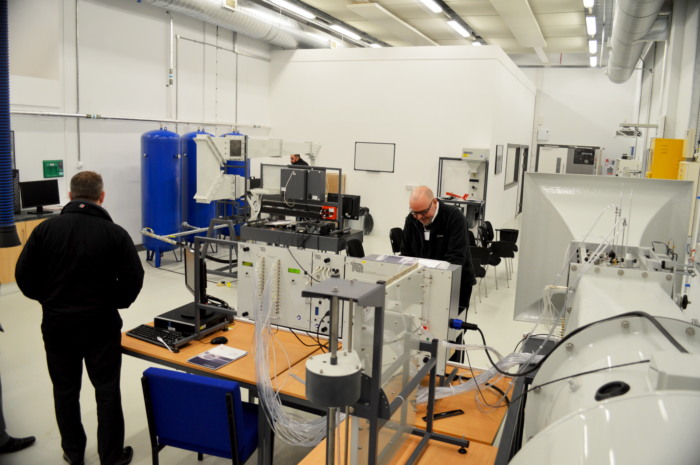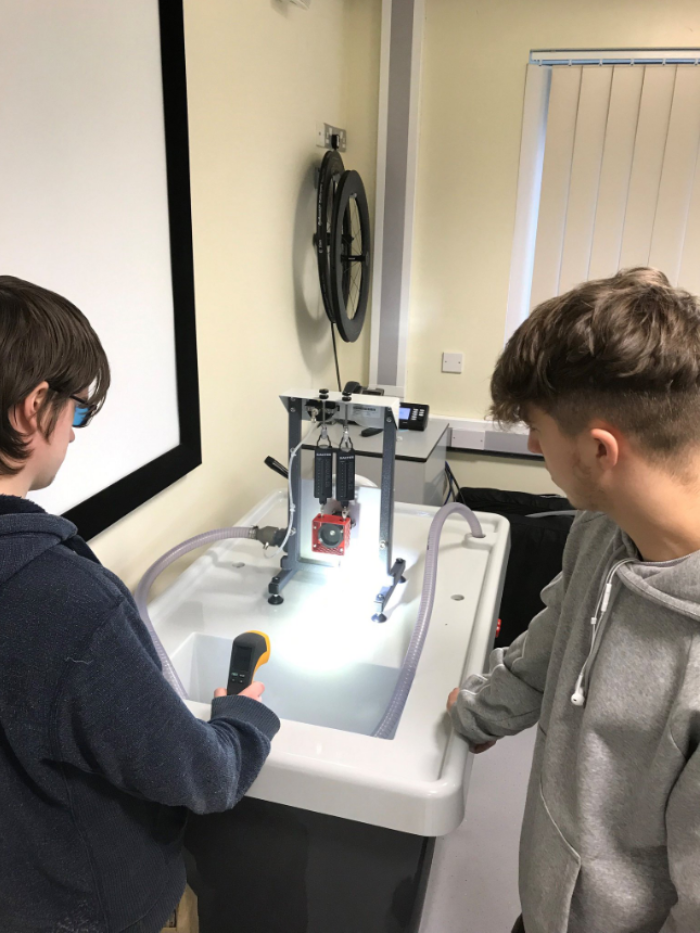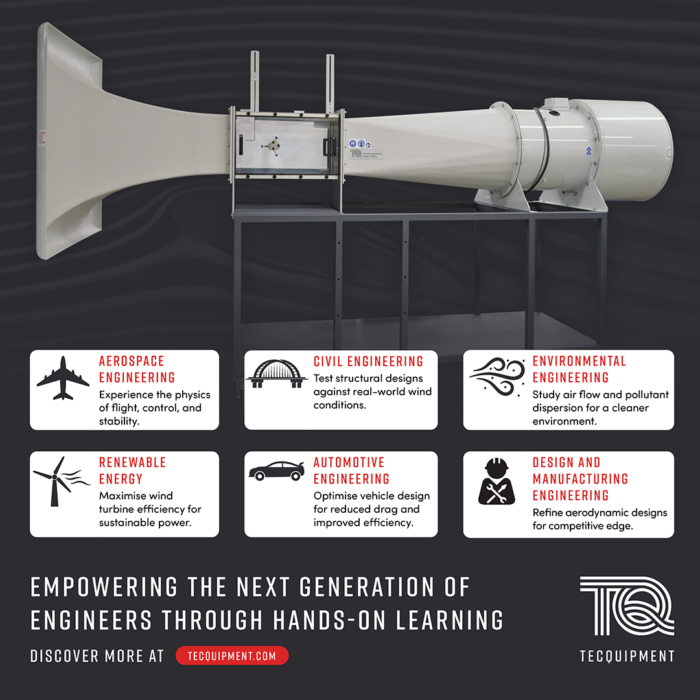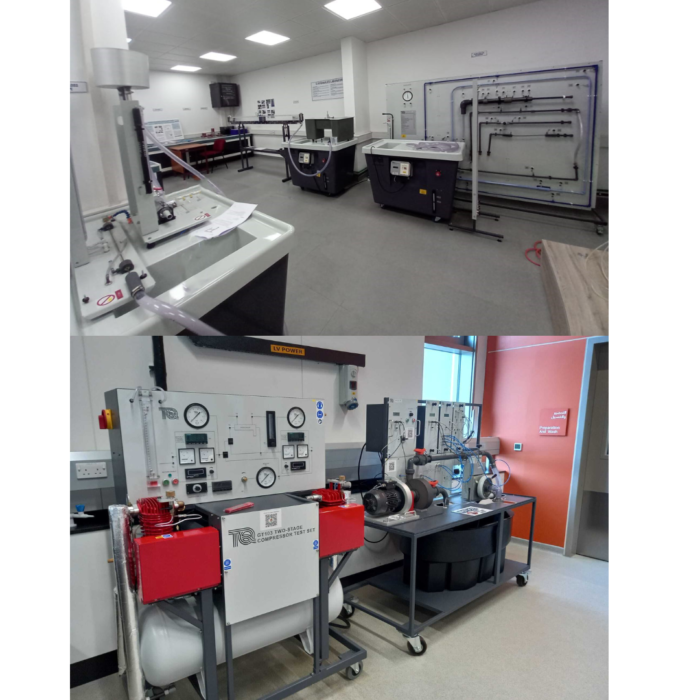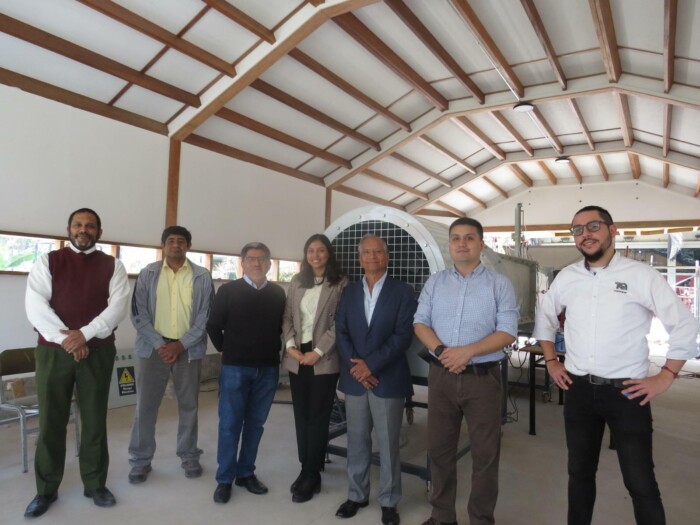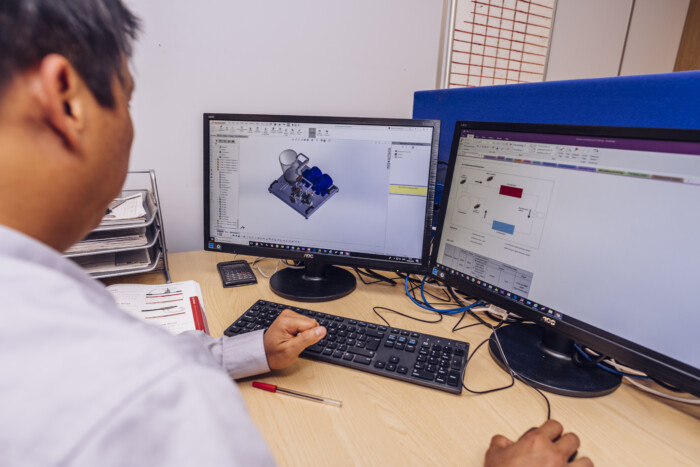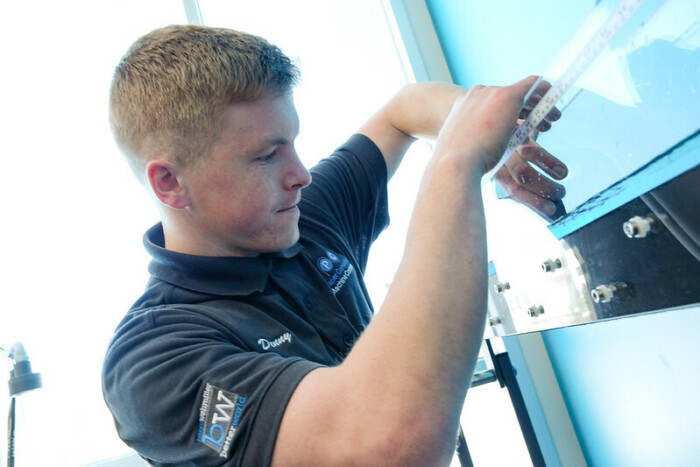Typically, such initiatives are helpful to promote information sharing and improved awareness about issues that affect groups of individuals. However, we can also use such initiatives to offer up a powerful new way of seeing others and, therefore, ourselves. Autism is one aspect of neurodiversity; a spectrum of the different ways in which people think and interpret information.
People naturally think differently and have a unique set of skills, attributes, qualities and motivations to offer the world. It is estimated that 15% of us are neurodivergent, meaning we may have different ways of processing information that have labels such as dyslexia, attention deficit difficulties and autism, among others. The rest of us can be viewed as neurotypical, suggesting that we think and process information in a way that society expects. Neurodivergent people are contributing and bringing value to our workplaces, management teams, educational institutions and families.
Research strongly indicates that companies and workplaces which value thinking differently are enjoying advantages that go beyond a reputation for innovation and diversity. Many high profile companies have recruitment and workplace initiatives to ensure that candidates and employees with autism can fully engage with their processes, including Microsoft, HMRC, Safeway, Ford, Google, Ernst & Young, Hewlett-Packard and many others. Businesses report a wide range of benefits such as increased levels of productivity, improved communication cultures and higher levels of employee engagement. Diverse teams are offering novel ways to solve old problems. Neurodiverse minds may see operational or managerial situations differently to their neurotypical colleagues, providing creative and insightful perspectives.
However, it is important to acknowledge that there can be real obstacles to achievement for employees or students with autism, limiting flair, talent and productivity. Often, companies or institutions present barriers to an individual’s potential without realising it - the result of a workplace that is not functionally inclusive for all its employees. Here, management and workforce training and awareness raising are essential – unlocking knowledge and expertise to create workplace and educational institutions that embrace diversity, innovation and problem solving. Whilst neurodiverse conditions such as autism are categorised as a disability in law, many individuals with an autistic spectrum condition do not consider themselves to be disabled but rather differently abled. The legal obligation for companies and institutions to provide ‘reasonable adjustments’ for people who have a formal diagnosis can offer an opportunity to review processes and policies to benefit all staff members, whatever their processing and communication style. Often, such adjustments are just basic measures that amount to skilled people management and a person-centred focus. How do good managers know which strategies will bring out the best in their neurodiverse employees? They ask. Then, they actively listen to feedback and, finally, work with the individuals involved to put measures in place that are achievable.
Yes, there is a growing body of evidence to support certain stereotypes; employees on the autistic spectrum are more likely to be conscientious, have good attention to detail, reliable and can offer innovative solutions that their neurotypical colleagues just may not see. Neurodiverse employees and managers are the people who may offer the missing jigsaw piece, providing a dynamic competitive edge and insights into the neurodiverse needs of your workforce and customer base.
Kate Grailey
Educational Consultant, Specific Learning Differences
Famous Scientists and Engineers on the Autistic Spectrum
- Henry Cavendish
- Charles Darwin
- Albert Einstein
- Isaac Newton
- Nikola Tesla



